Food Security: ‘What’s Needed Is Equity, Security And Trust’
Does Covid-19 threaten our food security? Pablo Servigne, a French researcher who has spent the last several years studying the risks of societal collapse,
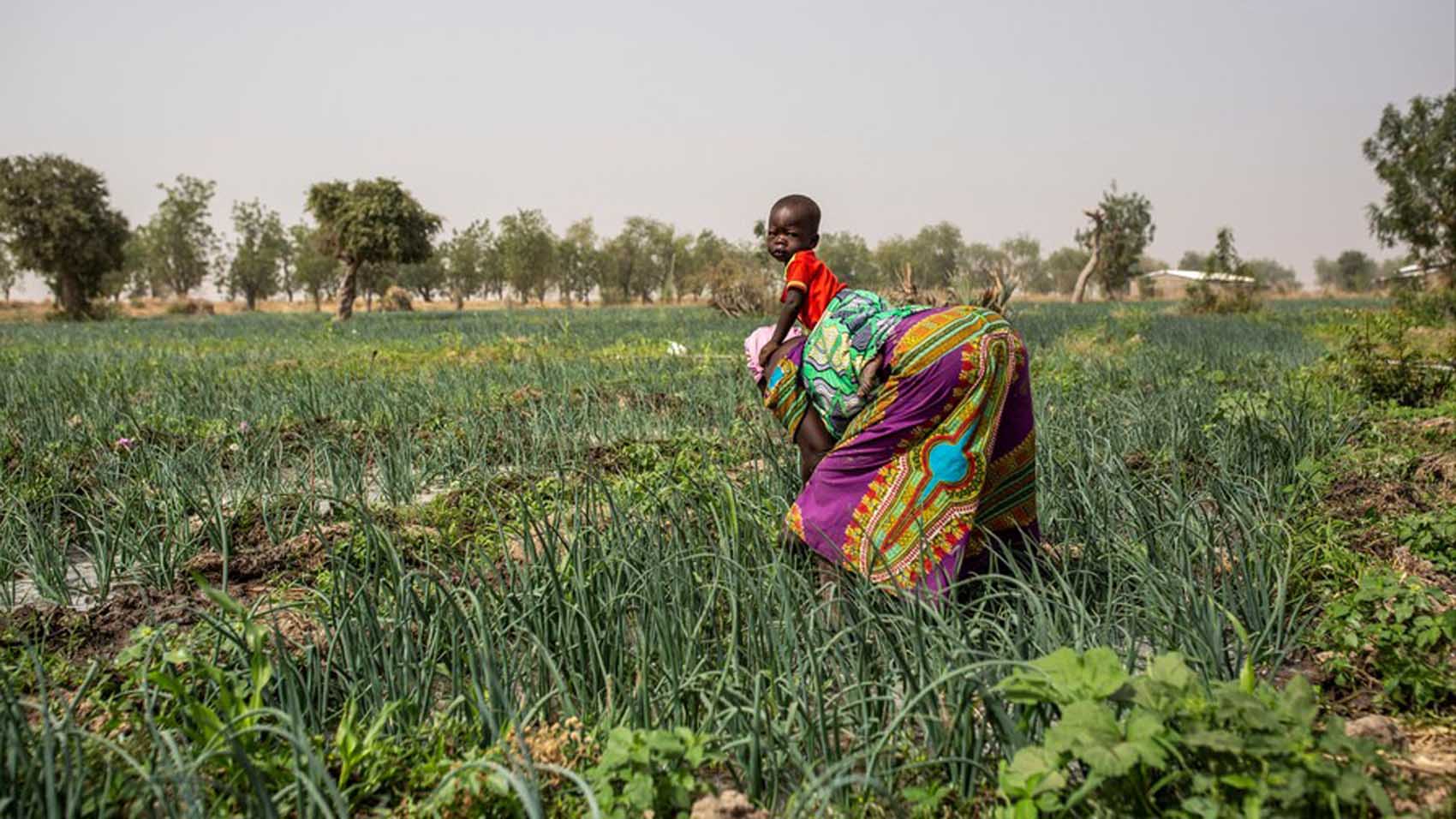
Women work at an onion field near Gazawa, Cameroon on March 7, 2020. French researcher Pablo Servigne says cheap food exports from the Global North have destroyed the livelihoods of farm workers in poor countries. Photo: ©TYT
Does Covid-19 threaten our food security? Pablo Servigne, a French researcher who has spent the last several years studying the risks of societal collapse, says the Covid-19 crisis calls globalisation itself into question — but warns that we must avoid a fresh surge in nationalism.
Pablo Servigne is an agronomist by training and the author of several best-selling books on agroecology, resilience and mutual aid. His best-known work, though, is on societal “collapse”, which has given birth to an entire sub-field of research and popular scholarship known in France as collapsologie. Servigne is also the editor of the magazine Yggdrasil: Collapse and Renewal, whose latest issue is dedicated to food security. In this interview with FRANCE 24, he calls on governments to develop new, bottom-up agricultural strategies to secure food systems. He also stresses the need for greater solidarity between countries in the face of climate change.
FRANCE 24: Do countries need to implement strategies to recover the independence of their food systems?
The food issue requires strategies at the local, regional, national and global levels. And even at the individual level! The ideal thing would be to coordinate all of this, but it’s extremely complicated. If other countries are already working on their own local strategies, that’s great, and we should begin to coordinate those efforts. Strengthening the local level should not be seen as an inward-looking approach, especially when it comes to resilience. On the contrary, we have to be able to count on others, too, in case of trouble. The key thing is that we have to be able to eat first in order to help others.
How can we avoid countries turning inward, and instead continue to cooperate across borders? For example, countries like Algeria, Morocco and Egypt count on French wheat…
The identitarian turn has accelerated with Covid-19, and it’s a major risk for the coming years. I don’t have an inside view of diplomatic secrets or trade negotiations… I think bonds of solidarity will develop on a case by case basis. Maintaining that solidarity starts by helping others to no longer depend on us, but all of this goes against 50 years of neoliberal ideology and globalisation! In general, to avoid turning inward, it is essential to avoid a sense of injustice, insecurity and mistrust — on the part of any one country’s population, but also between countries. In other words, what’s needed is equity, security and trust. Everywhere. I’ll let you extrapolate that to international relations…
The financial crisis of 2008 led to food riots in some developing countries. Do you worry that we could see this repeat itself with the global economic crisis triggered by Covid-19?
Yes, but it won’t be because of high fuel prices, or because of grain harvests, which have apparently been excellent this year. Other indicators are in the red: many economies and agricultural systems have been disrupted by declines in household income, labour shortages, closed borders, closed restaurants, suspended exports, etc.
And we’re expecting more natural disasters this year, of which many will be climate-related. That’s without counting political and social conflicts, which will also disrupt supply chains. I think this year will mark a major return to local sourcing. In any case I hope so, because we don’t have a choice. We shouldn’t forget that transportation and trade emit large amounts of greenhouse gases and destroy biodiversity.
Does the Covid-19 crisis confirm what you’ve written about the food system in the Global North creating insecurity in the Global South?
It’s still too soon to fully understand the effects of this pandemic. What we’ve been saying — though we’re not the only ones — is that the food systems in the North, and in particular in Europe and the United States, are heavily subsidised, mechanised and industrialised, so they export commodities to the South at very low prices, destroying the livelihoods of farm workers in the poorest countries.
That’s deeply unjust! These countries then come to depend on our products and on global trade, they go into debt and their farmers come to fill the slums. And here in France, we don’t even know how to feed ourselves — we have to import our vegetables from Spain! This globalisation, it’s been totally messed up.
-
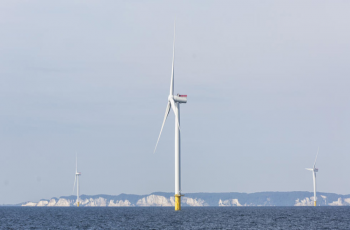
Denmark launches its biggest offshore wind farm tender
2024-04-22 -

Nobel laureate urges Iranians to protest 'war against women'
2024-04-22 -

'Human-induced' climate change behind deadly Sahel heatwave: study
2024-04-21 -

Moldovan youth is more than ready to join the EU
2024-04-18 -

UN says solutions exist to rapidly ease debt burden of poor nations
2024-04-18 -
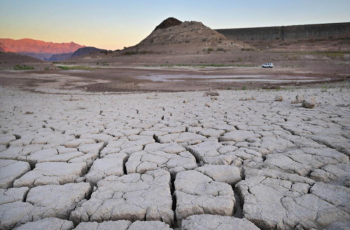
Climate impacts set to cut 2050 global GDP by nearly a fifth
2024-04-18 -

US sterilizations spiked after national right to abortion overturned: study
2024-04-13 -
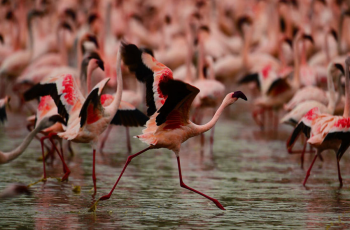
Future of Africa's flamingos threatened by rising lakes: study
2024-04-13 -

Corporate climate pledge weakened by carbon offsets move
2024-04-11 -
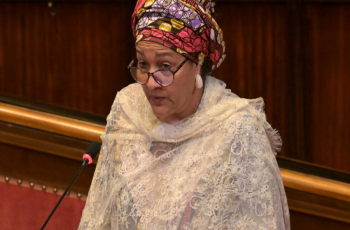
Humanity lost 'moral compass' on Gaza: top UN official
2024-04-10
